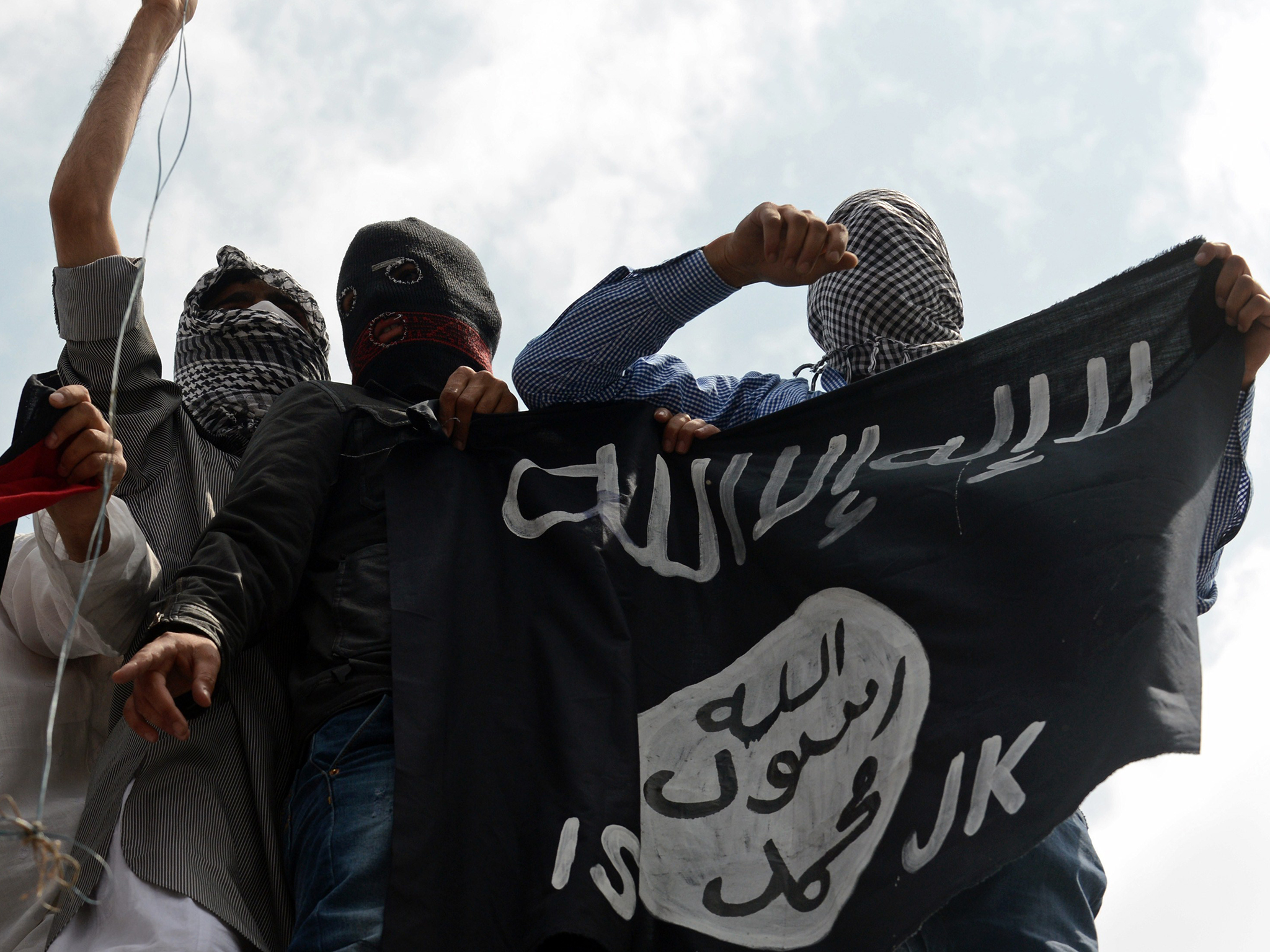
Extremists see COVID pandemic as a chance to win support and launch attacks
Both the Islamic State group and al-Qaida see the coronavirus as a threat, but some of their fighters also see the upheaval from the pandemic as an opportunity to win over more supporters and strike harder than before.

Messages from the Islamic extremist groups show concern about the virus mixed with bravado, asserting that it is punishment for non-Muslims while also urging followers to repent and take care of themselves.
Al-Qaida suggested in a statement Tuesday that non-Muslims use their time in quarantine to learn about Islam.
But in a sharp commentary in its al-Naba newsletter in mid-March, IS urged followers to show no mercy and launch attacks in this time of crisis.
In a commentary Tuesday, the International Crisis Group warned that the pandemic threatens the global solidarity that is key to fighting extremists.
“It is almost certainly correct that COVID-19 will handicap domestic security efforts and international counter-ISIS cooperation, allowing the jihadists to better prepare spectacular terror attacks,” it said.
In Egypt, two military officials reported a spike in IS attacks in March in the restive northern part of the Sinai Peninsula but security forces foiled at least three other major assaults. The officials spoke on condition of anonymity because they were not authorized to brief the media.
There are signs elsewhere that the U.S., British and other militaries are pulling back because of the virus, leaving a possible opening for the extremists.
That’s a danger in Africa’s hot spots of the Sahel, the Lake Chad region and Somalia, where the U.S. military already worried allies in recent months by contemplating cuts to focus on threats from China and Russia.
“Any state that was interested in pulling back in Africa will take the opportunity to do so,” said Clionadh Raleigh, executive director of the Armed Conflict Location & Event Data Project, which tracks extremists’ activities worldwide. “That will be unbelievably bad.”
While security forces are targets, under-guarded prisons could be too, said Laith Alkhouri, a counterterrorism adviser who researches extremists in West Africa. Both IS and al-Qaida-linked fighters have turned the Sahel into Africa’s most urgent extremism crisis, and even have engaged in some unprecedented cooperation.
Their fighters are likely to exploit the pandemic by accusing governments of mismanaging the crisis to try to win popular support, he said.
Alkhouri said that under another scenario, individuals may believe that only religion can keep them safe from the virus “and ignore scientific advice, which could lead to an increase in infections.”
Some extremist groups are showing signs that, like the rest of the world, they are trying to understand the coronavirus and respond.
In Somalia, the al-Qaida-linked al-Shabab held a rare five-day meeting of its leaders in March that discussed the virus. In a communique, the group recognized its “emergency threat” to the world, including Muslims.
An al-Shabab spokesman later told the AP it was too soon to comment on whether the group would heed a U.N. plea to halt attacks, which have continued, or whether it would allow health workers access to areas it controls.
In Afghanistan, the Taliban have gone even further, putting out videos on disinfection and photos of its fighters handing out face masks and soap. It also has offered security guarantees to any aid group assisting victims of the virus or helping to stop its spread.
Taliban spokesman Zabihullah Mujahed told the AP that “if, God forbid, the outbreak happens in an area where we control the situation, then we can stop fighting in that area.”






